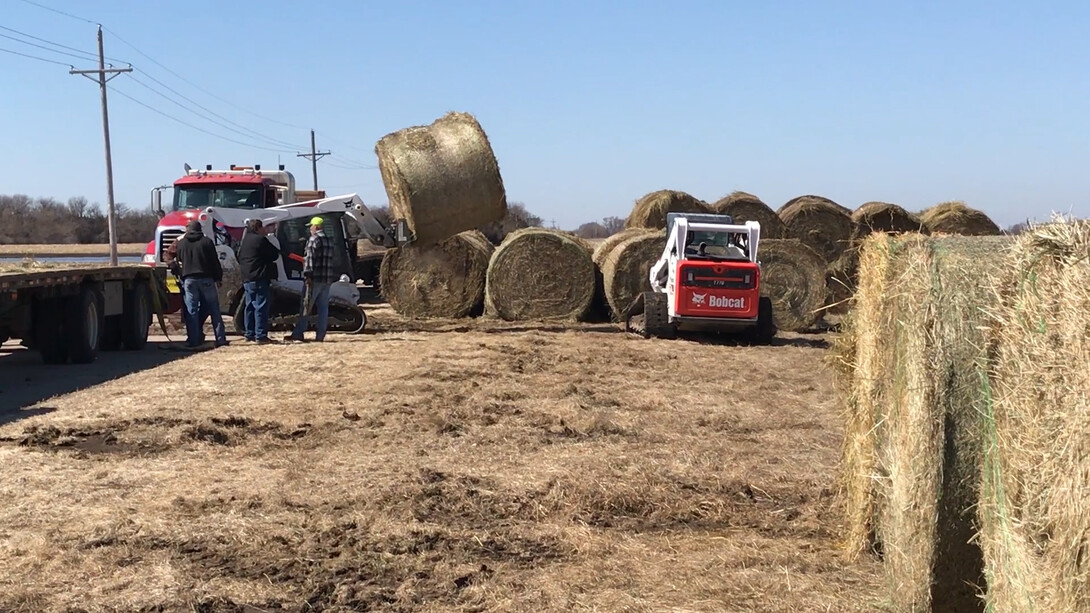
March 22, 2019
Lincoln, Neb. — As Nebraskans begin returning to their homes in the aftermath of widespread historic flooding, Nebraska Extension has mobilized a number of resources to aid in the road to recovery.
“Extension is committed to helping Nebraska recover from this disaster,” said Chuck Hibberd, dean of Nebraska Extension. “Our team of statewide experts is available to offer assistance with immediate needs and will be there every step of the way for as long as it takes.”
Those affected by the flood are likely unsure of where to begin. Extension encourages individuals returning to homes and properties to first take steps to ensure their safety. When a home or building is flooded, there is likely damage to the structure. Buildings need to be thoroughly dried, and before drinking water it is critical to test domestic wells for bacteria. Also, be cautious when working in and around contaminated floodwater.
Extension has compiled a list of the state’s certified public health environmental laboratories where homeowners can obtain a water test kit. This information is available on Nebraska Extension's flood resources webpage, which serves as a resource hub for families, homeowners, businesses and producers facing flood cleanup. New and updated information will be added to the site on an ongoing basis.
Tips for homeowners facing food-safety concerns after the flood can also be found on the flood resources webpage. This includes guidelines to help people decide when to throw out food and how to disinfect food that can be saved. For instance, screw-topped or crimp-topped jars or bottles of food that have come into contact with floodwaters should be thrown out, even when the jars have not been opened.
Extension is also be a resource for those wanting to help flood victims. The Eastern Nebraska Research and Extension Center near Mead and Haskell Ag Lab near Concord are serving as donation locations for hay (large bales) and fencing materials for livestock owners and managers impacted by the flood. Those wishing to obtain the donated materials should contact the Nebraska Department of Agriculture.
“We’re partnering with a number of state agencies and organizations to do what we can to help those who need it most," Hibberd said. "We’re all in this together."
For the latest flood resources from Nebraska Extension, visit the flood resources site or follow @UNLExension on Twitter.
Contact:
Haley Apel
IANR Communications
402-472-4398
haleyapel@unl.edu







